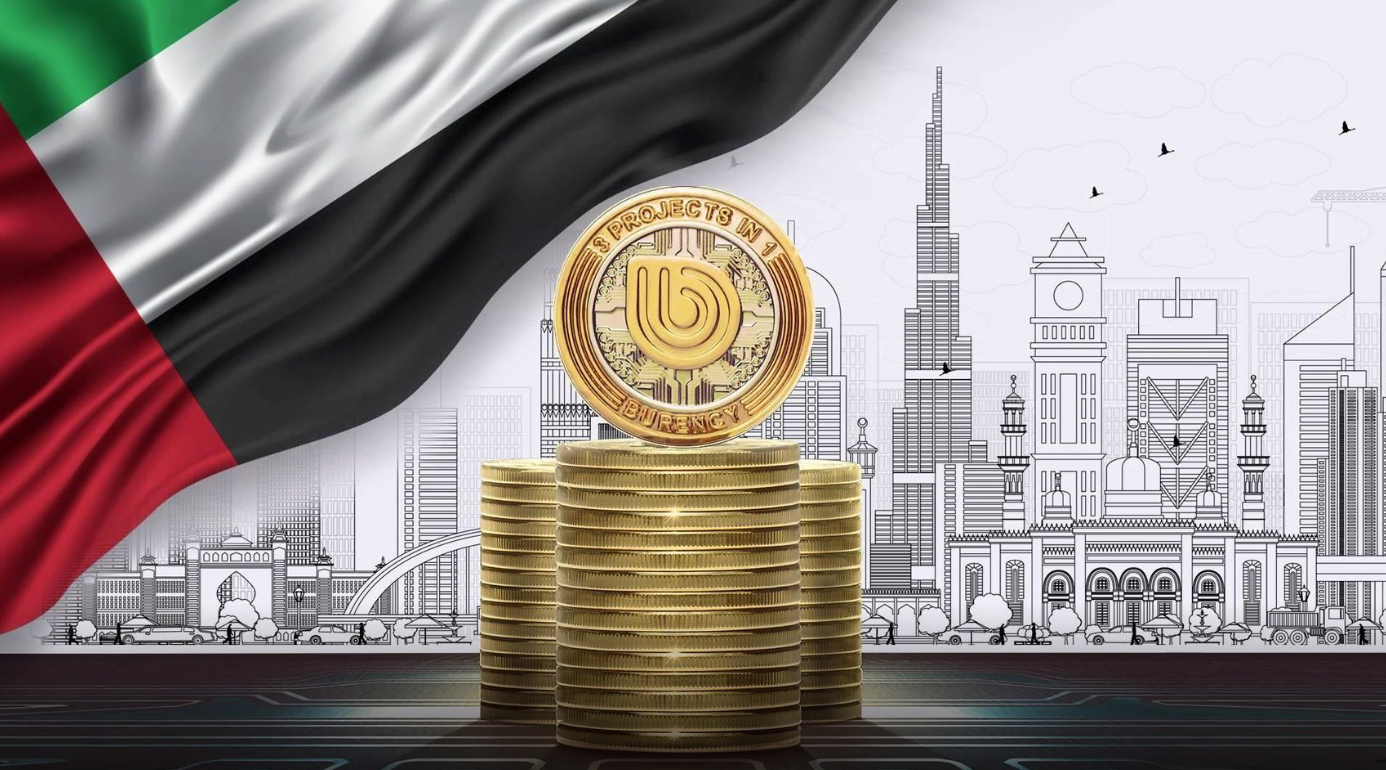In the United Arab Emirates (UAE), researchers have launched a state-of-the-art blockchain carbon trading platform. This introduction took place during the COP28 conference and is in line with the UAE government’s commitment to carbon reduction.
Furthermore, the platform, developed by the Technology Innovation Institute’s Cryptographic Research Center, facilitates global carbon token trading. It is specifically linked to eco-friendly initiatives such as afforestation and carbon capture.
Affiliated with Abu Dhabi’s Advanced Technology Research Council, the Technology Innovation Institute (TII) is a key player in realizing the “UAE Vision 2021” for economic advancement and sustainable living.
The blockchain, unveiled on December 5, plays a crucial role in this endeavor. Moreover, it enables the tracking of carbon emissions from any public or private organization worldwide.
Blockchain Carbon Trading Platform Unveiled by TII at COP28: A Game-Changer in Climate Action

A unique feature of the platform is the creation of tokens representing specific amounts of carbon dioxide removed from the environment. These tokens can be traced throughout their supply chain journey. Potential applications include peer-to-peer energy trading, waste disposal monitoring, recycling activities, and forestry management.
To ensure transparency and security, auditors will be actively involved in overseeing the platform. Additionally, the TII emphasizes the adoption of an efficient and lightweight blockchain, minimizing computational waste and enabling cost-effective trading.
Ray O. Johnson, CEO of TII, sees this blockchain initiative as a significant stride towards positioning the UAE as a global technology and innovation leader. The announcement at COP28 underscores the UAE’s commitment to spearheading climate action on the world stage.
Blockchain’s Impact on Carbon Credits and Climate Action: Highlights from COP28

Blockchain technology has long been associated with carbon credit creation and management. Notably, efforts within the blockchain community are increasing to minimize energy consumption. For instance, Ethereum’s shift to proof-of-stake drastically reduced its energy usage, while Bitcoin miners are increasingly turning to renewable sources.
Other blockchain projects, such as Power Ledger and Energy Web, are also actively engaged in implementing decarbonization solutions.
COP28, which commenced on November 30 in Dubai, is set to conclude on December 12. However, this initiative marks a noteworthy contribution to global efforts in combating climate change through innovative and sustainable technology solutions.
Read More:
Indian Parliament Engages in Dialogue on the Prospects of Web3

